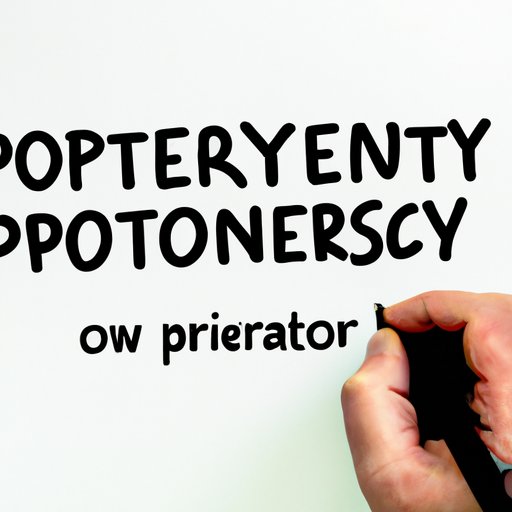Who Owns What? Exploring Different Ways of Thinking About Ownership
Ownership is a fundamental concept that underpins much of our social and economic lives. Understanding who owns what, and why, is essential for making informed decisions and navigating complex legal and ethical issues. In this article, we’ll explore different ways of thinking about ownership, from historical and cultural perspectives to the challenges posed by the digital age.
Historical Perspective
Ownership has evolved significantly over time, from the earliest civilizations where land and resources were collectively held, to feudal systems based on individual title and inheritance. Different cultures have approached the question of who owns what in diverse ways – from communal ownership in indigenous societies to individual ownership in capitalist democracies. Conflicts over ownership have been resolved through a variety of means that reflect cultural values and norms, including negotiation, mediation, and the use of legal systems.
Property Rights
Property rights refer to the legal and ethical principles governing ownership of physical and intellectual assets. These rights are essential for individuals to secure their basic needs, generate wealth, and engage in mutually beneficial exchanges. Property rights are also important for society as a whole, serving as the cornerstone of market economies and protecting against exploitation and coercion. Different legal jurisdictions regulate property ownership in various ways, with some emphasizing individual autonomy and others balancing individual rights against the common good. Ultimately, the pros and cons of different legal frameworks depend on how they affect ownership in practice.
Corporate Ownership
Corporations can be owned in different ways depending on their legal structure and ownership arrangements. Shareholder-owned corporations are the most common form, where ownership is distributed among many individuals who have limited liability and a voice in decision-making through voting rights. Family-owned businesses are another model, where ownership and management are tightly controlled by a specific group of individuals. Cooperatives are collectively owned and democratically managed by their members, with profits shared equally. Each form of ownership has benefits and drawbacks that reflect competing interests among different stakeholders, such as owners, employees, and customers.
Intellectual Property
Intellectual property (IP) refers to the ownership of intangible assets such as patents, trademarks, and copyrights. These assets can be crucial for generating income and creating incentives for innovation, but they also raise complex legal and ethical questions surrounding ownership. There is ongoing debate over the scope and duration of IP rights, as well as their impact on access to information and cultural expression. Recent legal cases involving IP ownership have highlighted the challenges of balancing the interests of creators, consumers, and powerful intermediaries such as tech companies and media conglomerates.
Ownership in the Digital Age
The digital age has created new challenges for determining ownership rights, particularly around online content and data. Disputes over intellectual property and user-generated content on social media platforms have become increasingly common, as have issues around online piracy and data privacy. Governments and legal systems around the world are grappling with how to regulate these issues, with some emphasizing free speech and innovation and others prioritizing consumer protection and security. For individuals and organizations navigating these issues, it’s essential to understand the legal and ethical frameworks that apply in different contexts.
Conclusion
Ownership is a complex and multifaceted concept with deep historical and cultural roots. Understanding the different ways of thinking about ownership, from property rights to corporate ownership and intellectual property, can provide valuable insights for individuals and organizations navigating complex legal and ethical issues. In the digital age, these challenges have become even more pressing, requiring careful consideration of the legal and ethical implications of new technologies. By staying informed about these issues, we can better understand our own situations and make informed decisions that benefit ourselves and society.
